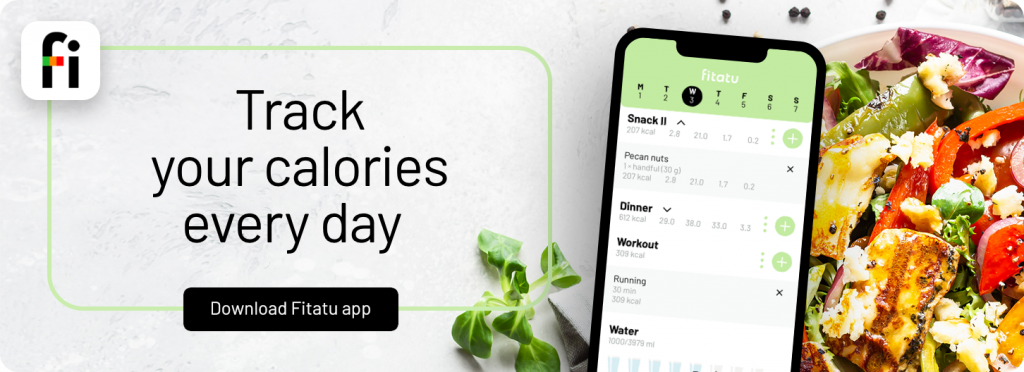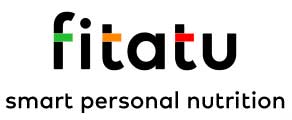How to build muscle mass?

Proper nutrition, providing the right amount of protein, regular workouts, and adequate recovery are the keys to success if we aim to build muscle mass. Consuming too much protein can lead to health issues, so it’s crucial to know your requirements and tailor your diet to your needs.
Building muscle mass results from consistent work in the gym and, above all, a well-balanced diet. Proper nutrition and supplying the body with essential ingredients play a crucial role in the muscle-building process. Do you know the protein requirements for physically active individuals? Are you familiar with the effects of an excessive intake of protein in your diet? Or maybe you are struggling with extra pounds and wondering which steps will get you closer to achieving a sculpted physique? We answer these questions in today’s article!
How to build muscle mass?
To effectively build muscle mass, several conditions must be met. First, a protein-rich diet, as protein is the building block for muscles. Second, is strength training, which stimulates muscle growth. Third, recovery – during rest, muscles repair the microtears that occur during exercise, allowing them to grow. Fourth, energy balance – to build muscles, you must have a positive energy balance, meaning you provide more energy through food than the body consumes in a day. The dietary energy requirement for muscle building should be about 300-500 kcal more than an individual’s zero-calorie level.
Protein requirements
Physically active individuals mainly refer to professional athletes but also to people training intensively almost daily. According to studies published in the “Journal of the International Society of Sports Nutrition”, the protein requirement for highly physically active people should range from 1.4 to 2.0 grams per kilogram of body weight. Meanwhile, the Institute of Medicine (IOM) suggests a requirement level of 1.2 to 1.6-1.7 g/kg/day. In both cases, this is more than the recommended 0.8 grams per kilogram of body weight for a person with low physical activity. Protein should be consumed evenly every 3-4 hours throughout the day.
Effects of a high protein intake in the diet
Protein is a key component of the diet, but its excess can disrupt the body’s functioning. Discover the effects of too high protein consumption with your diet.
Increased risk of cancer
One of the primary protein sources for people on a high-protein diet is meat. Consuming red and highly processed meats, as well as full-fat dairy, is associated with an increased risk of developing colorectal, breast, and prostate cancer.
Excessive urinary calcium excretion
Diets rich in protein and meat can cause calcium loss, which in turn can lead to calcium deficiencies in the body.
Calcium deficiency can cause:
- Muscle and joint pain,
- Heart rhythm disorders,
- Numbness or tingling,
- Osteoporosis and an increased risk of fractures,
- Skin changes and deteriorating nail and hair health,
- Development of depression.
Disturbance of the body’s homeostasis
A high intake of meat and dairy, which are among the primary sources of protein in the diet, can lead to body acidification and disturb homeostasis. In extreme cases, this can result in the improper functioning of various systems in our body. To prevent these processes, one should ensure an adequate intake of vegetables and fruits, which act antagonistically and alkalize the diet.
Mass, sculpture, or reduction — which first?
Individuals who are overweight or obese who want to achieve a sporty physique should start with weight reduction. Losing excess weight improves health and allows for more effective training. Then, one can focus on building muscle mass, and finally, on sculpting the figure.
Best protein sources in the diet
When choosing protein-rich products, remember to select healthier options, e.g., lean meat instead of red meat. This can help reduce the risk of some negative effects of a high-protein diet.
Healthy protein sources include:
- Lean meat from small, organic farms,
- Fish from small, organic farms,
- Eggs from free-range chickens,
- Low-fat dairy,
- Legumes,
- Nuts,
- Whole grain products.

Fitatu® app
Download the app from the Play Store or App Store and see that dieting has never been so easy! Do you care about convenience and access to the entire recipe database? Go for Fitatu® Premium! For blog readers, we have prepared a special discount code: MASS-ZR. Go to https://www.fitatu.com/app/order-and-payment and grab a 20% discount on annual plans. Psst… the code combines with other promotions. 😉
What else will you find in Fitatu® Premium?
- over 2000 recipes plus dozens of new ones every month,
- additional intermittent fasting plans,
- ability to create shopping lists,
- 6 ready menus with meals,
- product and recipe filtering,
- more synchronization with fitness apps,
- access to the app in the web version,
- no ads!
Fitatu® support group
Join the Fitatu® community on Facebook and achieve your goals together with other users. Group members motivate each other daily to stick to their diet or share favorite recipes.





